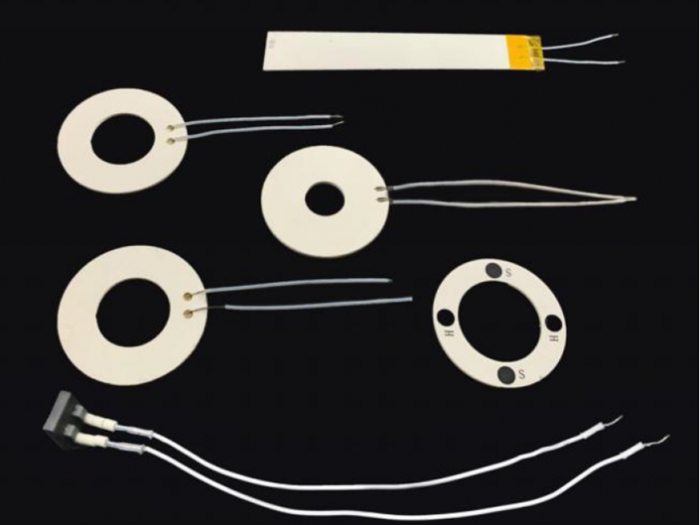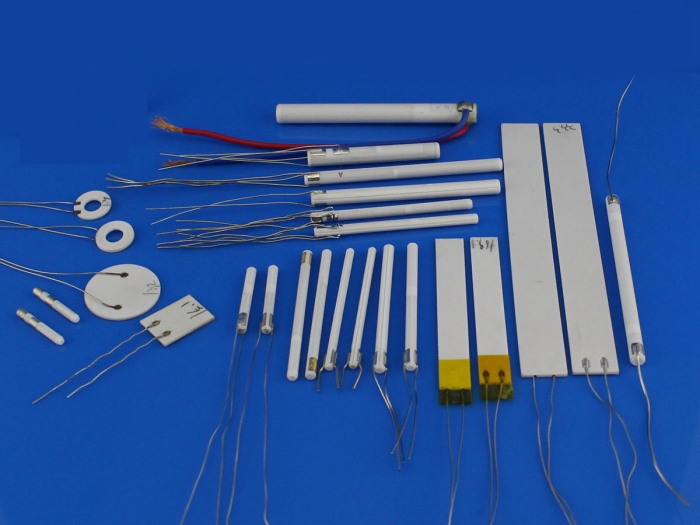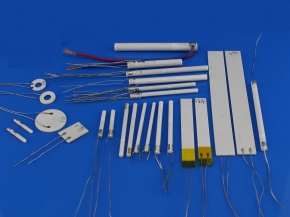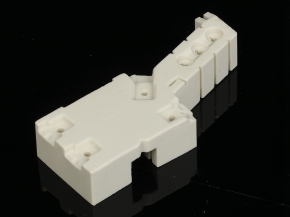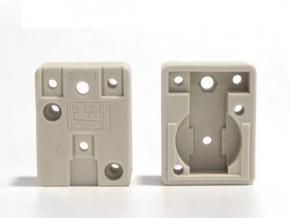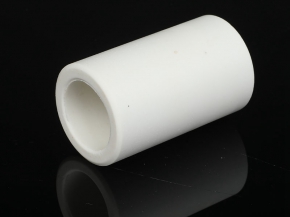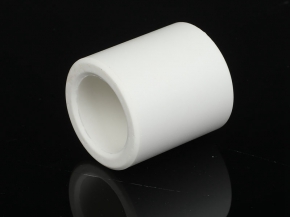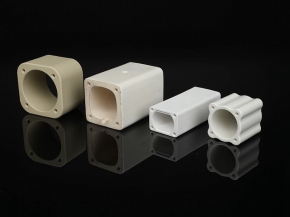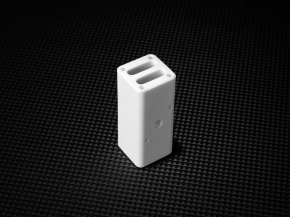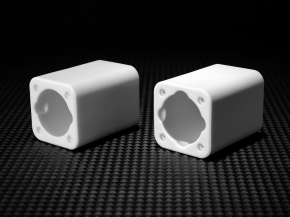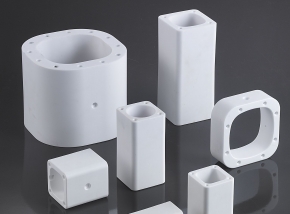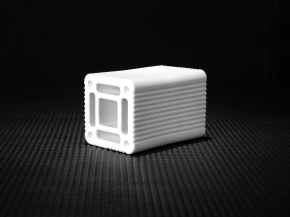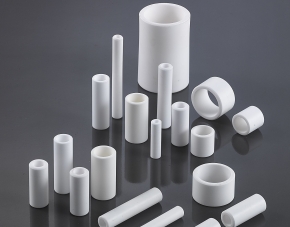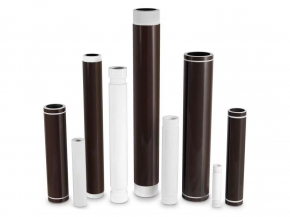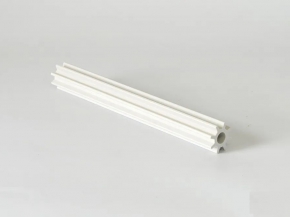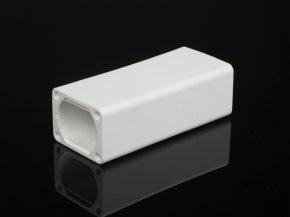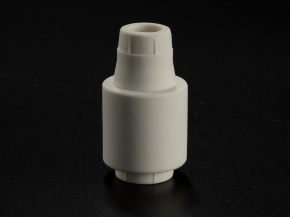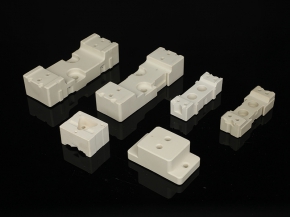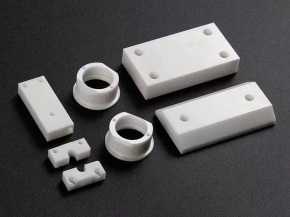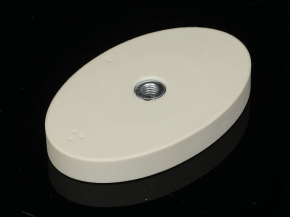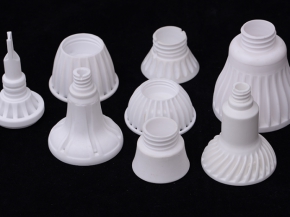Ceramic Heater
Ceramic Heater's applications include use as innovative types of heaters in the automotive, medical and semiconductor industries
Ceramic Heaters are produced by implementing unique metallization and ceramic lamination processes. Due to the advanced manufacturing techniques utilized in the electric element, Alumina Heaters can provide higher reliability than ever before. Currently, applications include use as innovative types of heaters in the automotive, medical and semiconductor industries.
Heater Design Structure: The heating element of the ceramic heater is built into a substrate of alumina or silicon nitride material, then laminated and sintered into one piece — providing insulation and protection from the outside environment.
HTCC (High Temperature Co-Ceramics)
Advantages:
Customized solutions based on a variety of manufacturing processes
Efficient solutions due to high degree of design support from the beginning of the product development cycle
Availability of a variety of mechanical, thermal (ANSYS, ABACUS), optical (ZEMAX) and electrical (HFSS, ADS) simulation tools
Worldwide customer support from local manufacturing facilities with technical competence centers
Characteristics of HTCC:
Excellent mechanical stability
Easy integration into metal housings due to matched thermal coefficient of expansion
High thermal conductivity
Use of non-noble metal pastes
Additional plating reveals solderable and wirebondable surfaces
| ceramic material: | alumina |
| ceramic material: | Si3N4 |
| Application 1: | Glow Plug/Igniter/Heater for Oxygen Sensor |
| Application 2: | Industry heaters |
